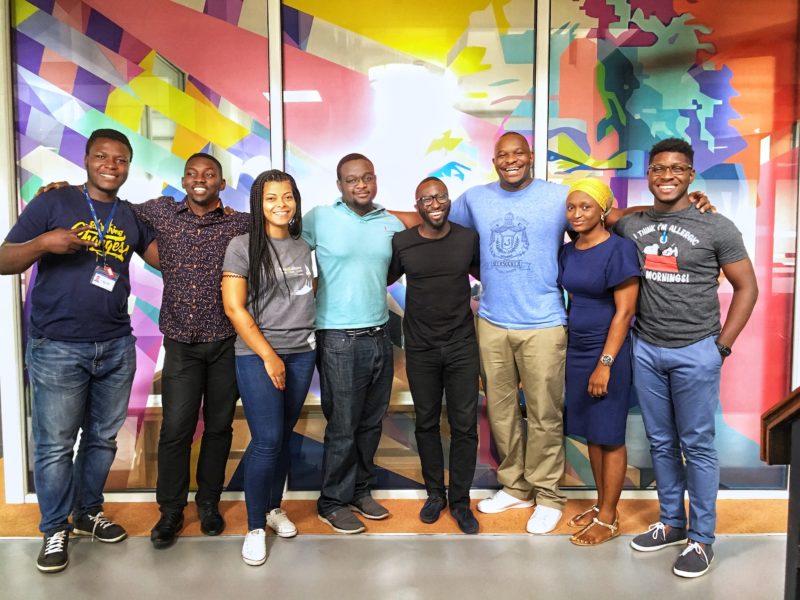Just over a month ago, I was charged with the task of building a demo for a ticket booking service. We planned to get a minimum viable product out by February, and I was the only developer (if I can call myself that) on the team.
That was when I discovered Parse. For anyone running on a small budget (or in our case, no budget), and with a short amount of time to get the product out, Parse was the perfect solution. The only caveat being that you give up complete control of your backend. The choice was an easy one for me – I signed up as soon as I’d searched Quora for user reviews.
Last night, I received an email from Parse, announcing that they were Moving On, and gradually winding down the Parse service over a one year period, ending January 28, 2017. This window is to give developers enough time to find or build alternative solutions and port their apps seamlessly.
In the same vein, they released a database migration tool, to help with the transition from Parse, to any MongoDB database. While you migrate, The service will continue to operate as usual, so there’s no downtime. Oh. and there’s also an open source Parse Server, which lets you run most of the Parse API from your own Node.js server.
Here’s their migration guide, to help quell any confusion that may arise from the transition.
When Facebook acqui-hired Parse, back in April 2013, many developers didn’t like the idea of handing control of their backend to a company, with an interest in mining their data for its own profits. In the wake of the shutdown, Dave Winer, the father of RSS, said that he never even considered using it in his own work.
Unless an acquirer explicitly says that they won’t kill a service they’ve bought, it’s best to set your timer.
During the acquisition, it was speculated that Parse could end up becoming the plug-and-play backend of a Facebook Mobile OS, though, I don’t think that’s likely to happen, since it contradicts Facebook’s core mobile strategy – help other platforms grow, by delivering traffic to their apps, so it can monetize their content in the future.
Either way, Parse has passed on, and we will find out in the coming months, what direction Facebook is going to deploy the resources it gained from the acquisition.
Photo Credit: Cik lli M via Compfight cc





















